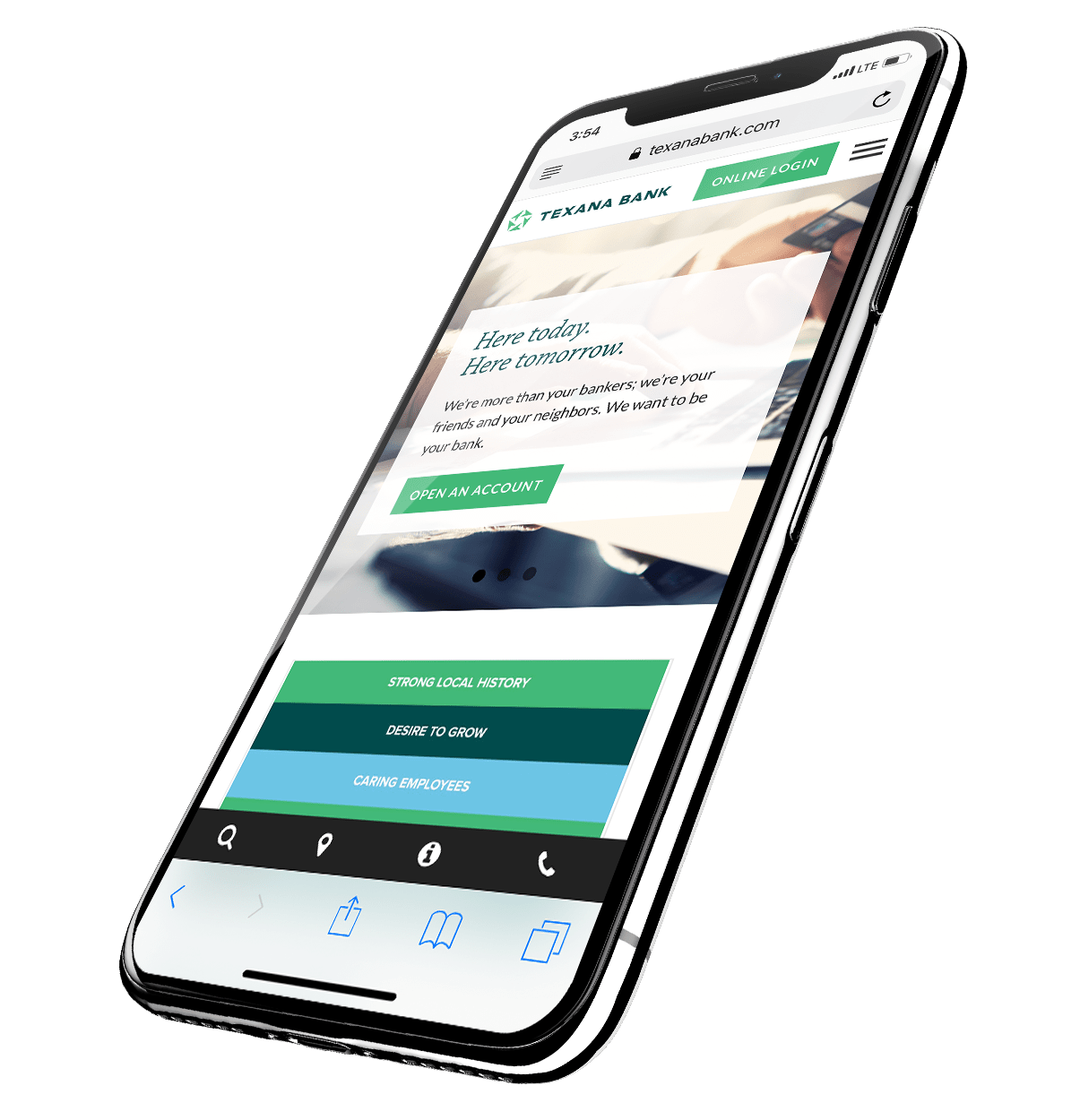You’re unique — just like everyone else.
I’m sure you’ve heard this saying.
Why does it bother us so much when we all know it to be true?
The idea that we’re only as unique as the next person gets under our skin because our very human nature is searching for a unique experience.
Why do you think you get so excited when you take a picture with a celebrity?
It doesn’t happen every day. It’s a unique experience.
You get excited because individual identity is a crucial part of the human experience, and this desire is especially realized in our experiences. You’ve just created a story that is uniquely yours, and one of our greatest desires is to share our unique story.
Sometimes our desire for unique experiences is selfish. Sometimes it’s to help others. Either way it’s innately human.
A friend of mine often tells a story about sharing a bottle of whiskey with a certain “Spiderman” actress while sitting next to a certain author’s grave in Oxford, Mississippi. While this story isn’t interesting to me any longer (I’ve heard it more times that I can count), the first telling is interesting because of the pieces that came together to create one unique night — a night almost no one else can replicate.
NASCAR detractors often argue we only attend races with the hope of seeing a wreck, and while that may be true in part, the deeper drive is to experience something different from anyone before us. After all, no two wrecks are alike.
The same goes for hockey games and fights.
Finding unique experiences drives us to try new things, even if those things are out of our comfort zone.
Herein lies the answer to attracting new customers.
One of my employees (we’ll call him Staniel to save his pride) ran out of gas in the middle of Tupelo’s busiest road during his lunch break this week. When Staniel looked to his left he saw a guy motioning for him to roll down his window. The guy helped Staniel get his truck off the road and then filled it up with the gas can he happened to keep in the bed of his truck.
“Thanks for going out of your way to help me out,” Staniel said.
“Man, I run the garage over at [a local auto dealership]. This is nothing for me. I do it all day,” the guy replied.
You can bet Staniel is going to mention that dealership the next time someone is looking for a new car or needs their car serviced.
Why? Because he had a wholly unique experience — and a great one at that.
Don’t worry, you don’t have to carry a gas can and push other people’s trucks to create a unique experience. That’s the beauty of making something unique; it’s wholly different and wholly yours.
As marketers, we are constantly trying to find a company’s key benefit or unique selling proposition. This is the thing a business does best, and/or the thing customers most need from a business. The problem with key benefits in 2016 is that uniqueness is as hard to find in our business as it is in our personal life.
The Firestone by my office has great staff, service and tires, but so does the competitor down the street. The Firestone gets my business because of their unique location (closest to my front door).
Even with their dedicated and diverse adherents, Apple and Android produce fairly similar products at the basest level.
The product itself is almost moot. We’re buying the associated, unique experience.
You buy an iPhone because of the attention to user-interaction or an Android because you want an unguided experience.
Whatever options you have, you choose the experience that you feel makes you most uniquely you.
There’s some magic in this, though. This notion also creates the highest hurdle we ever ask our client to jump with us: while you might love to do business with every customer, not every customer will love you.
As business owners, we must identify our key benefit. We must also determine our target audience — those to whom the benefit will be most relevant. Then we find a way to build a unique experience for those folks.
Some friends of mine make a really great pair of jeans and they sell them at a price that reflects the quality. People buy the jeans because they’re great, but people can buy great, expensive jeans anywhere. When you buy jeans from Blue Delta, they measure you, they design the jeans with you, and they keep in touch with you after the jeans are shipped.
When I see the Blue Delta tag on someone’s jeans, I already know those jeans have a unique story — a story the wearer is always excited to tell.
They made the experience their key benefit.
What part of your business makes the consumer feel unique? What part of your experience are people talking about?


